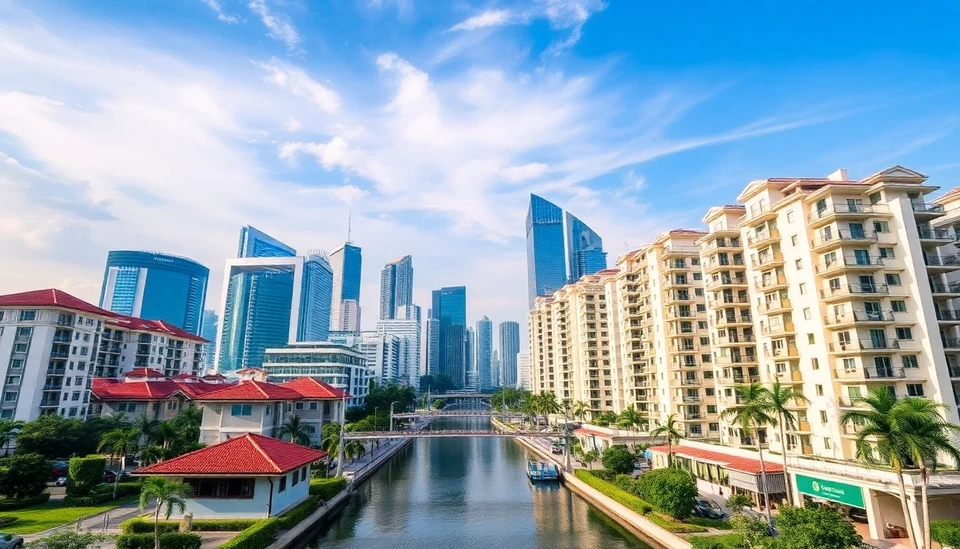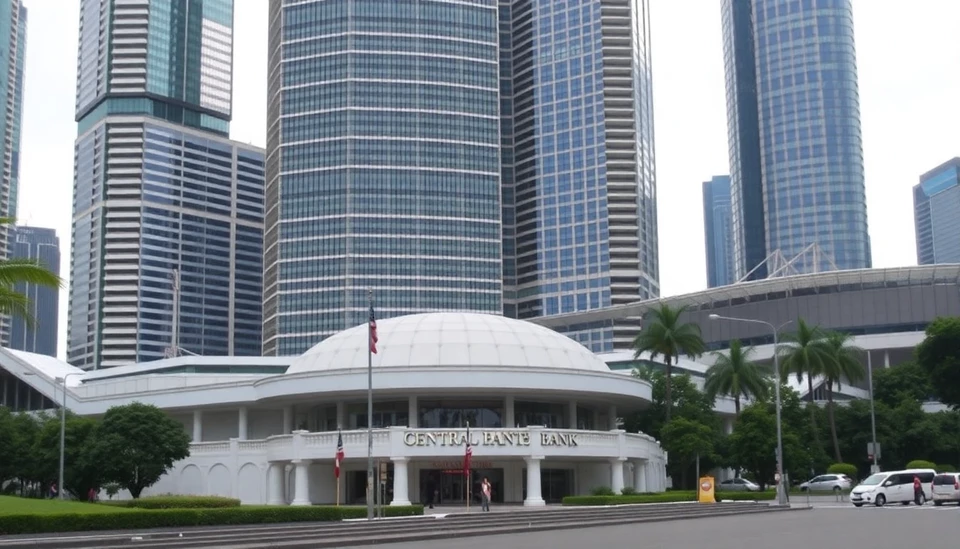
In a recent economic report, Singapore has witnessed a notable slowdown in its inflation rates, primarily driven by a decline in utility and household expenses. Recent data indicates that the Consumer Price Index (CPI) rose by only 4.7% in March, down from the 5.1% increase observed in February. This decline is a significant indicator of easing price pressures that have been affecting consumers across the nation.
The Monetary Authority of Singapore (MAS) attributed the easing of inflation mainly to a substantial reduction in utility costs, which are pivotal in determining the overall living expenses for citizens. Over the past month, energy prices have decreased, leading to lower utility bills for households. In addition, there has been a notable drop in food price inflation, which previously had been a considerable concern for many families in the city-state.
The government's proactive measures to manage inflation, including adjustments in taxes and subsidies, have also played a crucial role in this positive trend. Economic analysts have pointed out that a consistent decline in inflation can boost consumer confidence, encouraging spending and investment, which is essential for economic recovery in the post-pandemic landscape.
Despite the overall slowdown, certain segments of the economy continue to face upward price pressures. The prices of private residential properties have surged, reflecting an ongoing demand that keeps housing costs high. Additionally, the services sector, particularly in dining and entertainment, has also seen moderate price increases, which could indicate that some inflationary pressures remain embedded in the economy.
As Singapore navigates these fluctuations, officials are closely monitoring the situation to ensure sustainable economic growth while balancing the needs of its population. Economists remain cautiously optimistic about the future, as the trends suggest that inflation could stabilize further, providing relief to consumers anxious over rising living costs. The MAS is expected to review its monetary policy in the upcoming months to adapt to these new economic conditions.
In conclusion, the recent decline in inflation in Singapore highlights a crucial moment for the country's economy. While utility costs are driving down overall inflation, other areas still require vigilance. As the government continues to implement measures to manage the cost of living, the focus will remain on ensuring that economic stability is maintained without compromising the quality of life for its citizens.
#Singapore #Inflation #EconomicGrowth #CostOfLiving #UtilityCosts #ConsumerConfidence
Author: Daniel Foster




